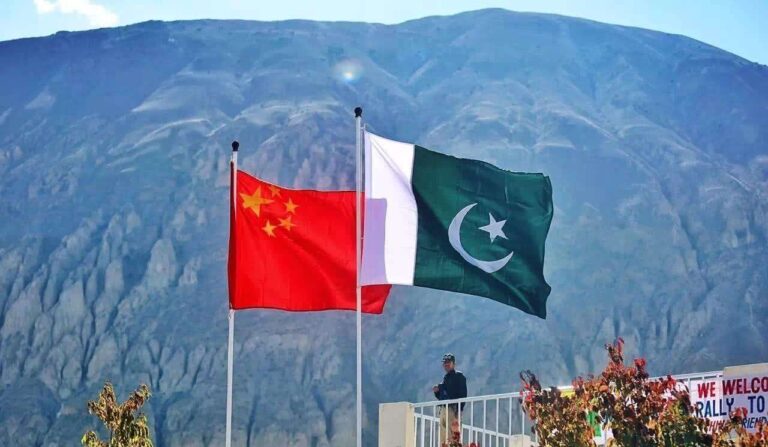QINGZHOU: The high-level China-Pakistan Conference on Collaborative Innovation in Modern Agriculture and Industry-Education Integration concluded on Tuesday in Qingzhou with both sides pledging to accelerate cooperation in agriculture, vocational training, and technology transfer under the China-Pakistan Economic Corridor (CPEC).
The conference, held over the past week, served as a landmark platform for academia, industry, and government leaders to finalize a strategy for a comprehensive, skilled workforce and technology transfer program.
The Pakistani delegation, which included prominent figures from both the government and educational sectors, emphasized the urgency of modernizing agricultural and technical education to leverage China’s technological leadership. The high-level Pakistani delegation outlined their vision for the future of skill development Nadir Chattha, Secretary of the Skills Development Government of Punjab, highlighted the need for international-standard vocational courses to create high-value employment. He stressed that aligning training with Chinese industry demands is essential for successful job placements for Pakistani youth.
Prof. Dr. Muhammad Kamran, Vice Chancellor of The Islamia University of Bahawalpur, highlighted the importance of joint curricula and dual-certification programs, while Punjab TEVTA officials emphasized integrating Chinese language and digital skills into training. Delegates also outlined large-scale student and faculty exchanges to strengthen cooperation. On the agricultural front, Dr. Tanveer Ahmad of MNS University of Agriculture, Multan, underlined collaboration in high-yield horticulture, cotton seed development, and climate-resilient farming suited to Pakistan’s ecological zones.
Private sector partners also announced commitments to support skill development. UNI International pledged to link training directly with industry demand, while ITMC Technology confirmed plans to provide digital infrastructure and precision agriculture software to support Pakistan’s transition toward Smart Agriculture. The conference concluded with the signing of several Memoranda of Understanding (MoUs), paving the way for joint innovation centers, faculty training, and student immersion programs in the coming year. –Agencies






